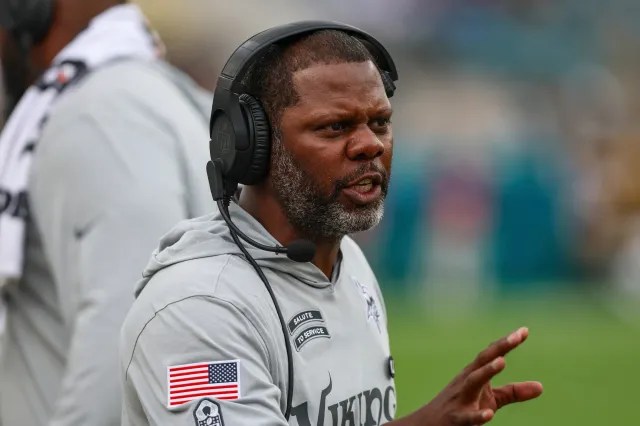
—–
GWEN IFILL: It’s that time of year when students, their families and friends celebrate graduation, then immediately turn to worrying about their futures.
Some colleges and universities are worrying too.
Graduating students at South Carolina State University walked into the school’s stadium with all the usual pride and glee of commencement day. But mixed in with the pomp and the circumstance was a cloud of uncertainty about the future of South Carolina’s only public historically black university.
The commencement speaker, Sen. Tim Scott, didn’t hesitate to raise it.
SEN. TIM SCOTT, R-S.C.: Let me say first and foremost that, without any question, my prayers are with South Carolina State University for financial success.
GWEN IFILL: The school’s mounting financial troubles include a nearly $23 million deficit and, since 2007, a 40 percent drop in enrollment. Only months ago, state legislators briefly proposed closing the Orangeburg school for two years to balance the books.
South Carolina State is one of about 100 historically black colleges and universities in the nation, and among those struggling to survive. In Pennsylvania, Cheyney University is facing its own multimillion-dollar deficit. And Washington, D.C.’s Howard University shed 200 staff members last year and announced 84 more layoffs this spring.
Many of the schools have shed students as well, and operate without the cushion of the endowments and alumni donations that elite, predominantly white schools rely on.
State lawmakers last week turned to the worlds of finance and academia for a new interim board of trustees for South Carolina State.
Gilda Cobb-Hunter has represented Orangeburg in the Statehouse for 24 years.
GILDA COBB-HUNTER, (D) State Representative: We needed someone to recognize the importance of check and balances, accountability, transparency. There was a real systemic problem at South Carolina State, a problem that has gone on for 25 or 30 years.
GWEN IFILL: Interim president W. Franklin Evans hopes confidence in new leadership could lead to more state funding.
But he conceded that is not the only solution.
W. FRANKLIN EVANS, Interim President, South Carolina State University: We’re looking at right-sizing across the campus, even with our facilities, and making sure that we are maximizing the facilities’ use in our building and optimizing every bit that we can, so that we’re not wasting any money, wasting any resources.
GWEN IFILL: He’s also looking to build on the school’s strongest academic programs, like one in nuclear engineering.
Kenneth Lewis heads that program, the only one of its kind in South Carolina. He says it supports the kinds of students historically black universities have focused on.



